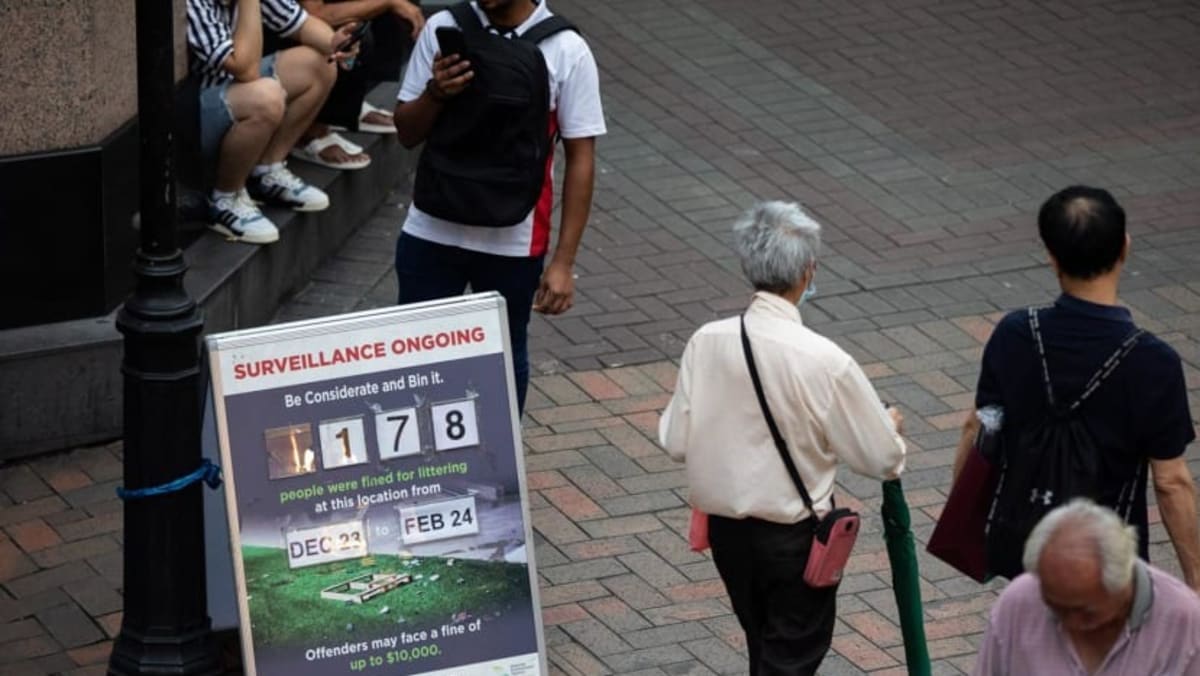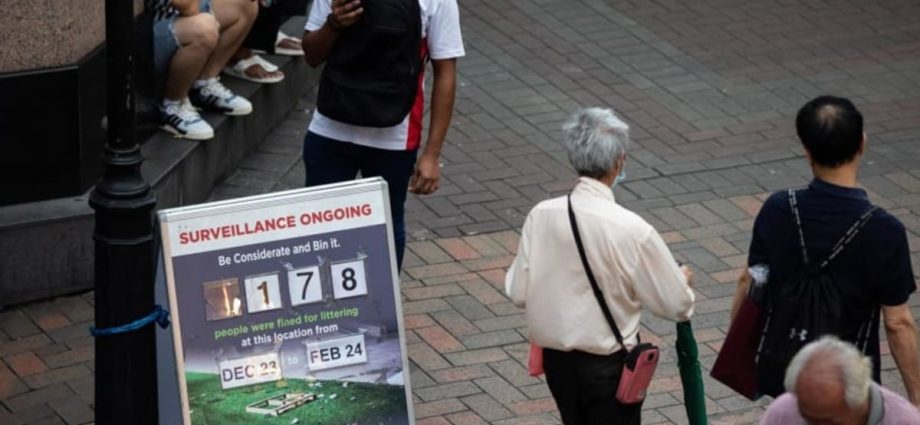
Still, loss of face aside, experts noted that the CWO may also be effective for other reasons, such as the time, effort, and trouble the session involved.
Dr Koh said: “Offenders might be wearing the coloured vests but unless people recognise them personally and know who they are, or there are legions of bystanders staring at them and judging them, I don’t actually think the shame dimension is very high.
“Honestly, I think it’s the effort and trouble it represents. Offenders have to take time out of their day to serve CWO and it’s troublesome. I suspect people who are deterred by CWO want to avoid the effort, rather than avoid the shame.”
Agreeing, the 31-year-old who had previously served a CWO said the order did deter her from further littering as she did not want to go through the hassle of serving it again.
Regardless, experts cautioned against using shame-based punitive measures indiscriminately, given their potential pitfalls.
For one thing, shame – when harnessed to its extreme – can lead to a loss of self-esteem and reputation, cause undue distress in some, and may even lead individuals to withdraw from the community.
“If the misbehaviour warrants these consequences, then shame-based punishments may have a role to play in our justice system. But it needs to be wielded thoughtfully and delicately,” said Dr Koh.
“If it’s persistent and deliberate high-rise littering, then I think there is room for some element of shame-based punishment. But if someone is caught unconsciously dropping a plastic bag at the park, shaming them feels disproportionate to the (mis)behaviour.
“Using shame is a delicate thing and the authorities should not be indiscriminate about it. Not all littering behaviours are the same.”
Mr Damien Huang, a public policy consultant and associate faculty at the Singapore University of Social Sciences (SUSS), said that always taking the “stick” approach can also be a cause of why scams impersonating officials could be more prevalent in Singapore than in other countries.
Should the new measure be implemented, he added, “could we see a new scam of ‘Dear XX, you were caught on CCTV dropping a piece of tissue in your neighbourhood. Please pay a fine of S$500 to prevent your photo from being pasted at your lift lobby.’?”
PREVENTIVE MEASURES, PUBLIC EDUCATION ARE KEY
On Monday, Mr Baey said that NEA would work closely with the community to identify littering offenders, and would “explore” putting up their images only if there are still no leads.
Should the plan to publicise offenders’ images be implemented, experts called on the authorities to proceed with great care and consideration.
Dr Koh said: “If it feels like the government is identifying these offenders for minor littering offences, there will be pushback from the public that the government is making a mountain out of a molehill, or people’s reputations are unnecessarily harmed for a seemingly ‘small’ offence.”
To avoid this, she suggested applying a set of transparent and strict criteria before resorting to publicly identifying the offenders, so that Singaporeans understand that it is not a decision that is taken lightly.
“This might (also) go some way towards discouraging (vigilantism)… because people will know that they can’t just name-and-shame anyone. Just as the government chooses carefully who to identify, this will role-model to them that they must also first establish facts before calling people out.”
She added that the criteria can be based on the severity of the action – such as in the case of high-rise littering, or the frequent disposal of trash in an inappropriate manner that thus attracts rats – or the persistence of the offence, such as litterbugs who remain recalcitrant despite multiple engagements by the authorities.
Unlike Dr Koh, Mr Huang of SUSS suggested possibly keeping the criteria undisclosed to prevent the public from possibly trying to “game” it.
To prevent the “victimisation and scapegoating” of vulnerable groups, such as children and seniors who “may not even realise they are committing an offence”, Mr Huang said the government should also consider aspects of equitability if and when enforcing the measure.
“For children and those who are underaged by law, they should treated more leniently. We may underestimate the psychological and psycho-social effects this may have on their mental-wellbeing as non-matured individuals,” he added.
NEA has said that “care will be exercised” in cases committed by young children, the elderly or vulnerable groups.

